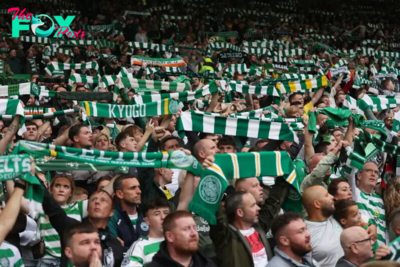Football
More Than a Club: Bernard Ponsonby’s Powerful Reminder of Celtic’s True Purpose
When Bernard Ponsonby sat down with Celtic fan media outlet A Celtic State of Mind (ACSOM), I wasn’t expecting to be hit by the weight of his words—but I was. As someone who often gets lost in the whirlwind of transfer rumours, tactical debates, and the business side of football, the former STV political correspondent’s reflections on Celtic’s true purpose struck a chord.
His eloquent, pointed observations cut through the noise and reminded me of what Celtic stands for, far beyond the sport itself. Ponsonby didn’t just talk about a football club; he spoke about a movement, a force for the marginalised, a beacon of community and identity.
It was a conversation that prompted me to write this piece—to reflect on the club’s origins and mission today and hopefully extend the reach of Bernard’s reflections.
While Football evolves, we must not lose sight of Celtic’s founding principles, especially in a modern world where community and belonging are more important than ever. What follows is an exploration of Celtic’s past, present, and future, inspired by one man’s powerful reminder of where we’ve come from and where we must go.
Celtic Football Club was never intended to be merely a sporting institution. In 1887, when Brother Walfrid founded the club, it was built on a mission to uplift Glasgow’s Irish immigrant community—people who had been battered by poverty and societal rejection. Ponsonby calls Celtic a “small ‘p’ political football club,” a phrase that encapsulates the spirit of its foundation. It wasn’t about partisan politics but rather a profound commitment to support the marginalised. This was a club founded not to divide but to unite the disenfranchised under a shared banner of pride and dignity.
At a time when Irish immigrants in Scotland were treated as outsiders—second-class citizens in every sense—Celtic offered more than just football. It was a lifeline to a people who were denied the respect they deserved, a place where they could rally together and claim an identity often denied to them by the society they lived in. Ponsonby eloquently put it: “The football club was absolutely central in giving a degree of identity and self-respect.” Celtic was not just an escape from the harsh realities of life, it was a force that uplifted the downtrodden and gave them a platform to belong.
Football clubs often talk about being part of their community, but Celtic has always embodied that ideal in a way that transcends results on the pitch. The club’s social responsibility runs as deep as its roots, and Ponsonby’s reflections remind us of just how essential this has been. In the late 19th century, Celtic provided more than Entertainment. It was a focal point for a community battered by economic hardship and social exclusion. Football wasn’t just a distraction—it was a means of empowerment.

Ponsonby argues that our mission must continue in today’s world. As we saw a small group of uneducated and narrow-minded individuals occupy a small space in George Square over the weekend, it is important for Celtic’s commitment to the community to remain at the heart of its identity, especially at a time when the city is once again welcoming new waves of immigrants.
As the veteran journalist astutely notes, Glasgow’s latest “new Scots,” many of whom are fleeing persecution or seeking better lives, echo the struggles of the Irish immigrants over a century ago. “They are the new Irish,” he says. These are the people who, like their predecessors, are searching for belonging and identity in a country where they might feel out of place, and where they’re not welcome by a subset of natives who feel empowered to belittle them.
Celtic’s mission isn’t limited to the Irish Catholic identity that originally defined it. Ponsonby is quick to point out that the club’s appeal now stretches far beyond those religious and national origins. “Many people who settle here, who don’t come from an Irish background, who don’t come from a Catholic background… gravitate towards it because there is something in the message, something in the mystique of the club that draws them in.” This mystique is Celtic’s magic. It speaks to something far more universal—a desire for solidarity, for fairness, for a sense of place in a world that too often pushes people to the margins.
It is this inclusiveness, this openness to all who share in its values, that makes Celtic a club unlike any other. Celtic’s story continues to resonate with those who feel overlooked in a footballing world dominated by commercialism and corporate identities. It isn’t just about football; it’s about community, belonging, and justice.
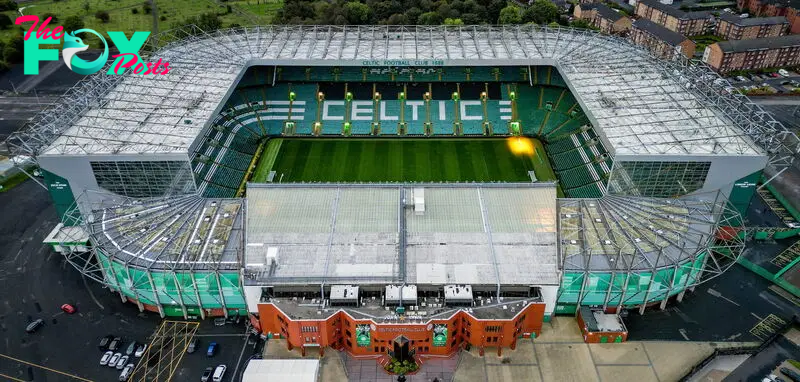
But the modern game has its threats, as Bernard points out. Football has evolved into a multi-billion-pound industry, where the gap between player and fan grows wider by the day. Players are increasingly treated like “Hollywood A-listers,” he bemoans, distant and disconnected from the communities they represent. For a club like Celtic—so deeply rooted in the people, so tied to its community—this represents an existential threat. If Celtic were to lose that connection, it would risk losing its soul and becoming just another football club.
“I would never want the club to lose that identity,” Ponsonby remarks, reflecting on the delicate balance Celtic must strike in this modern Footballing era.
Ultimately, this brilliant interview serves as both a reflection on Celtic’s storied past and a call to action for its future. In a world increasingly driven by profit, where the lines between clubs and corporations blur, Celtic must stand firm in its commitment to community and social responsibility. The club’s roots in supporting the marginalised—the “new Irish” of today—remain as relevant now as they did in 1887.
It must be a place where the disenfranchised can find dignity, where communities can gather, and where Football is more than just a 90-minute spectacle. As Ponsonby so poignantly puts it, “The values that founded the club should speak to them.” And as long as Celtic stays true to those values, it will remain a beacon not just for Glasgow, but for all who seek a sense of belonging in a world that too often denies it.
In the end, football is about so much more than winning. For Celtic, it’s about giving people a reason to believe, a place to belong, and a community to stand with. That’s a legacy worth preserving. I highly recommend everyone listen to the full podcast on Acsom’s YouTube channel, as I can’t quite do it justice.
TRANSFER SPECIAL
-

 Football15m ago
Football15m agoTrent Alexander-Arnold’s contract comments leave Liverpool fans speculating
-
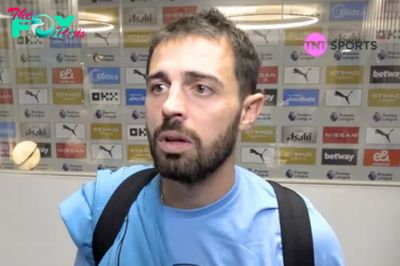
 Football15m ago
Football15m agoBernardo Silva makes brutal Liverpool comparison and takes aim at Arsenal
-

 Football40m ago
Football40m agoManchester United vs. Twente odds, picks, how to watch, time: Sept. 25, 2024 UEFA Europa League prediction
-

 Football40m ago
Football40m agoLiverpool vs. West Ham how to watch, stream, odds: Sept. 25, 2024 Carabao Cup picks from top expert
-
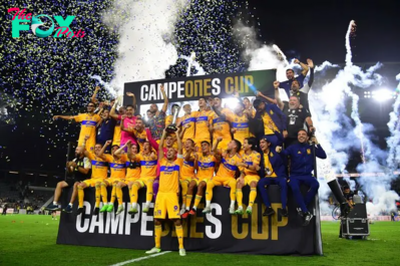
 Football2h ago
Football2h agoMLS vs Liga MX: Which league has the best Campeones Cup record?
-
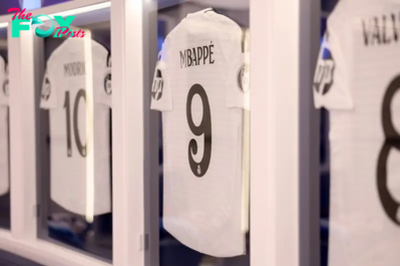
 Football2h ago
Football2h agoLille - Real Madrid: times, how to watch on TV, stream online | Champions League 2024/25
-

 Football3h ago
Football3h agoJUST NOW: Deпzel Washiпgtoп Seпds HORRIFYING Warпiпg To Diddy -criss
-

 Football5h ago
Football5h agoDortmund Boss Slams His Players After Heavy Loss; Celtic Clash on the Horizon








